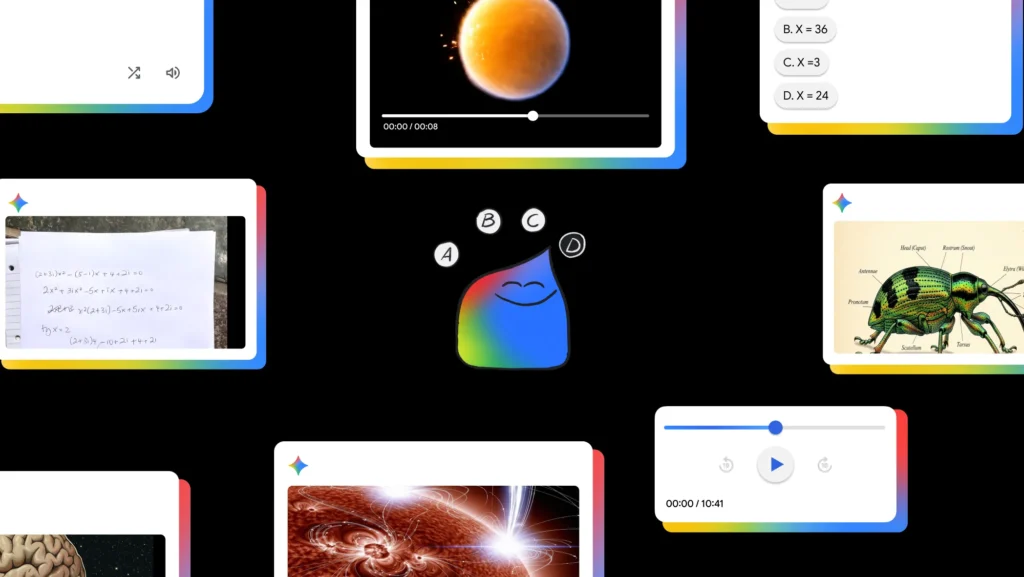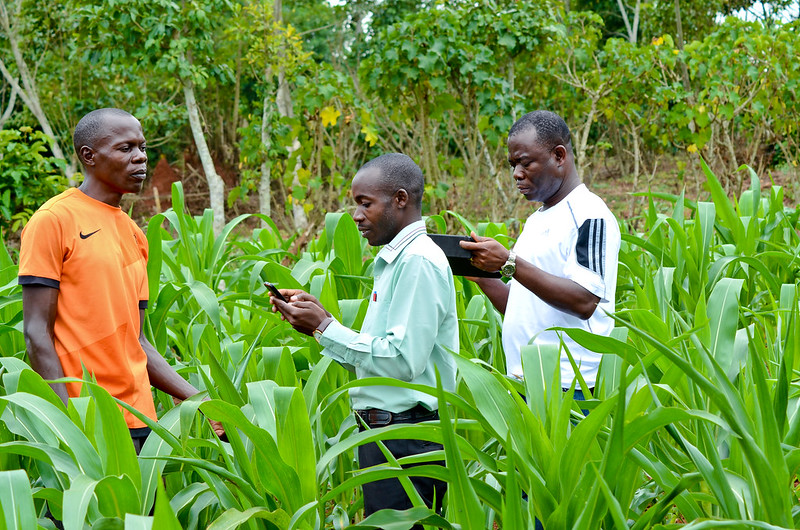Tech giant’s ambitious education initiative brings cutting-edge AI learning resources to six African nations
Google has launched a major educational initiative to provide its most advanced artificial intelligence learning tools free of charge to university students across six African countries, marking a significant investment in the continent’s digital future.
The program, which targets students in Ghana, Kenya, Nigeria, Rwanda, South Africa, and Zimbabwe, aims to democratize access to AI education and accelerate skills development in regions where such resources have traditionally been limited.

Bridging the Digital Divide
The initiative represents Google’s recognition of Africa’s growing importance in the global technology landscape. With a predominantly young population and increasing internet penetration, the continent has emerged as a critical frontier for digital innovation and talent development.
“Access to advanced technology shouldn’t be determined by geography or economic circumstances,” said a Google spokesperson. “By providing these tools at no cost, we’re enabling the next generation of African innovators to compete on the global stage.”
The program offers students access to Google’s suite of AI learning platforms, including machine learning frameworks, cloud computing resources, and specialized training modules designed to build practical AI skills. Students will be able to experiment with real-world applications, from natural language processing to computer vision and data analysis.
Addressing Skills Gaps
Africa faces a significant technology skills gap despite its burgeoning youth population. According to industry estimates, the continent will need millions of trained technology professionals over the next decade to meet growing demand from both local and international companies establishing operations in African markets.
The six countries selected for the initial rollout represent some of Africa’s most dynamic technology ecosystems. Nigeria and Kenya, in particular, have established themselves as continental leaders in technology innovation, with thriving startup scenes and increasing venture capital investment.
Educational Impact
Universities participating in the program will integrate Google’s AI tools into their curricula, enabling students to gain hands-on experience with technologies that are reshaping industries worldwide. The initiative also includes training for educators to ensure they can effectively guide students through the learning materials.
Dr. Amina Okonkwo, a computer science professor at a Nigerian university, welcomed the initiative. “This is transformative for our students. They’re now learning with the same tools used by professionals at leading tech companies globally. It levels the playing field significantly.”
The program extends beyond just providing software access. Google has committed to offering certification programs, mentorship opportunities, and connections to potential employers seeking AI talent.
Economic Implications
The timing of Google’s initiative coincides with increasing recognition among global technology companies of Africa’s potential as both a market and a source of talent. Several major firms have established engineering hubs and development centers across the continent in recent years.
By investing in AI education now, Google is positioning itself to benefit from a future pipeline of skilled professionals while simultaneously contributing to local economic development. Technology sector growth has proven to be a significant driver of job creation and economic diversification across African nations.
Challenges Ahead
While the initiative has been widely praised, experts note that challenges remain. Reliable internet access, while improving, is still inconsistent in many areas. Additionally, the cost of computing hardware remains prohibitive for many students, potentially limiting who can fully participate in the program.
Google has indicated that it is working with local partners to address infrastructure challenges, including exploring offline learning options and partnerships with institutions to provide computer lab access.
Looking Forward
The program launches at a time when artificial intelligence is rapidly transforming every sector of the global economy. By ensuring African students have access to cutting-edge AI education, Google’s initiative could help prevent the continent from being left behind in the AI revolution.
For students like Chidinma Adeyemi, a third-year computer science student in Lagos, the opportunity is life-changing. “Before this, we were reading about AI technologies in textbooks. Now we can actually build with them. This changes everything about what’s possible for my career.”
As the program rolls out across the six countries, its success will be measured not just in the number of students who participate, but in the innovations they create and the impact they have on their communities. If successful, the initiative could serve as a model for technology education programs across the developing world.
Google has not announced plans to expand the program to additional African countries, but observers expect that strong uptake in the initial six nations could lead to broader continental coverage in the future.




